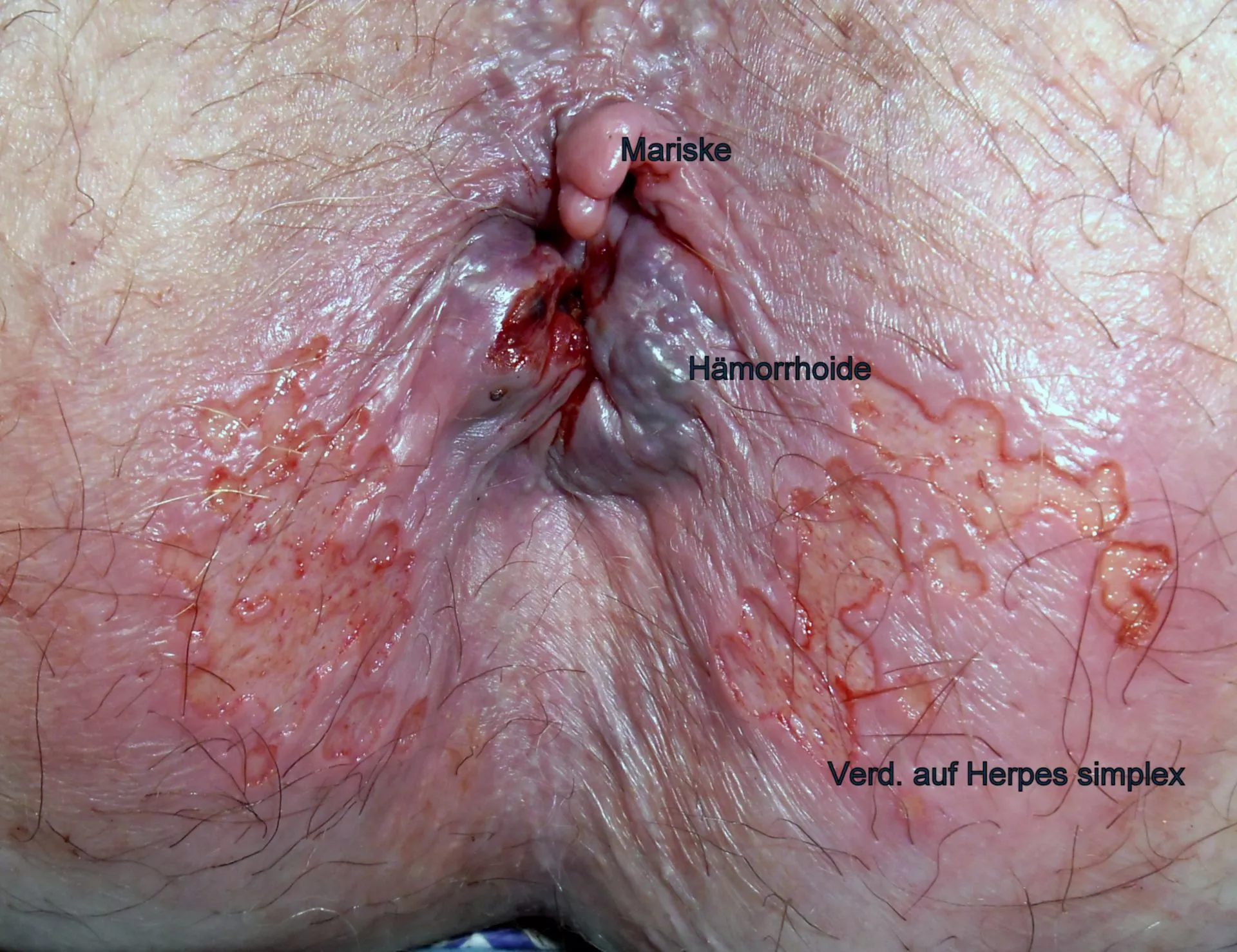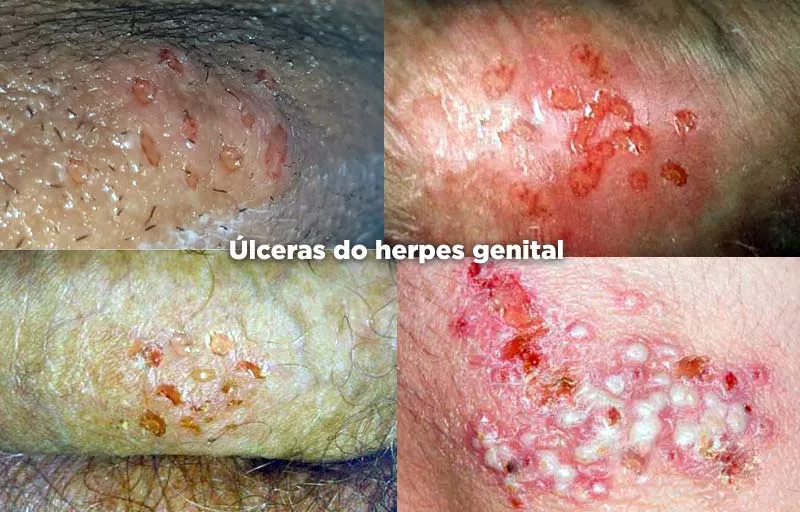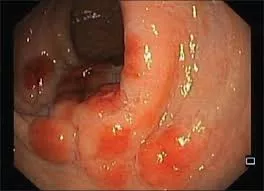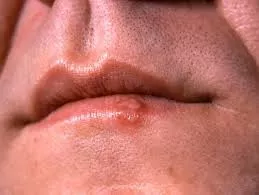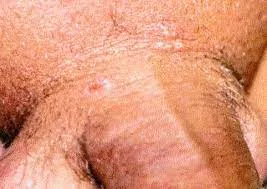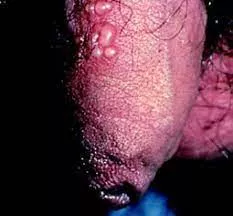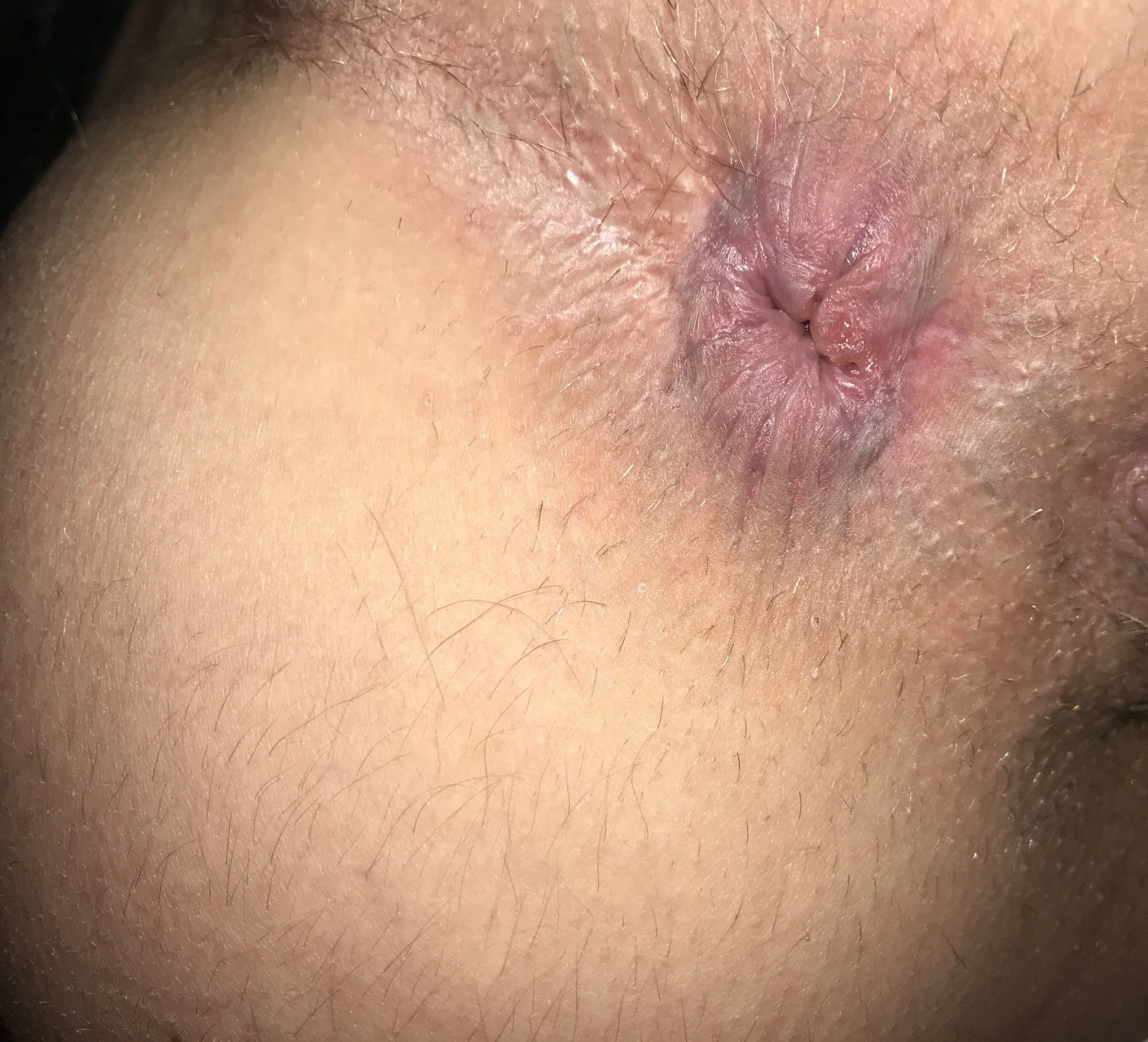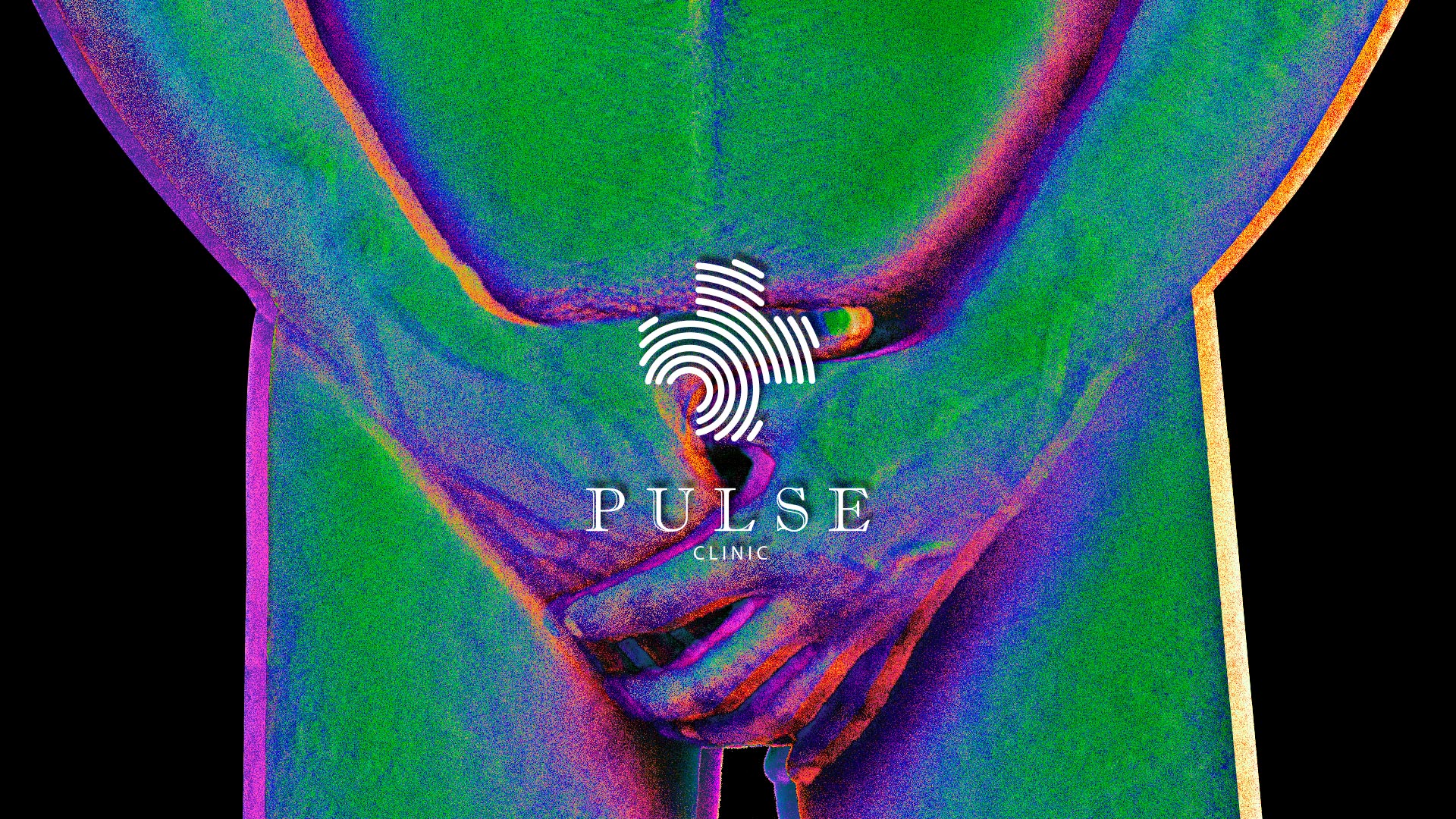Understanding Herpes SImplex Lab Test: Serology Blood Test and Herpes PCR. Knowledge for Oral Herpes, Genital Herpes, Anal Herpes, Rectal Herpes
22529
A herpes infection cannot be cured. After you become infected with HSV, the virus stays in the body for life.
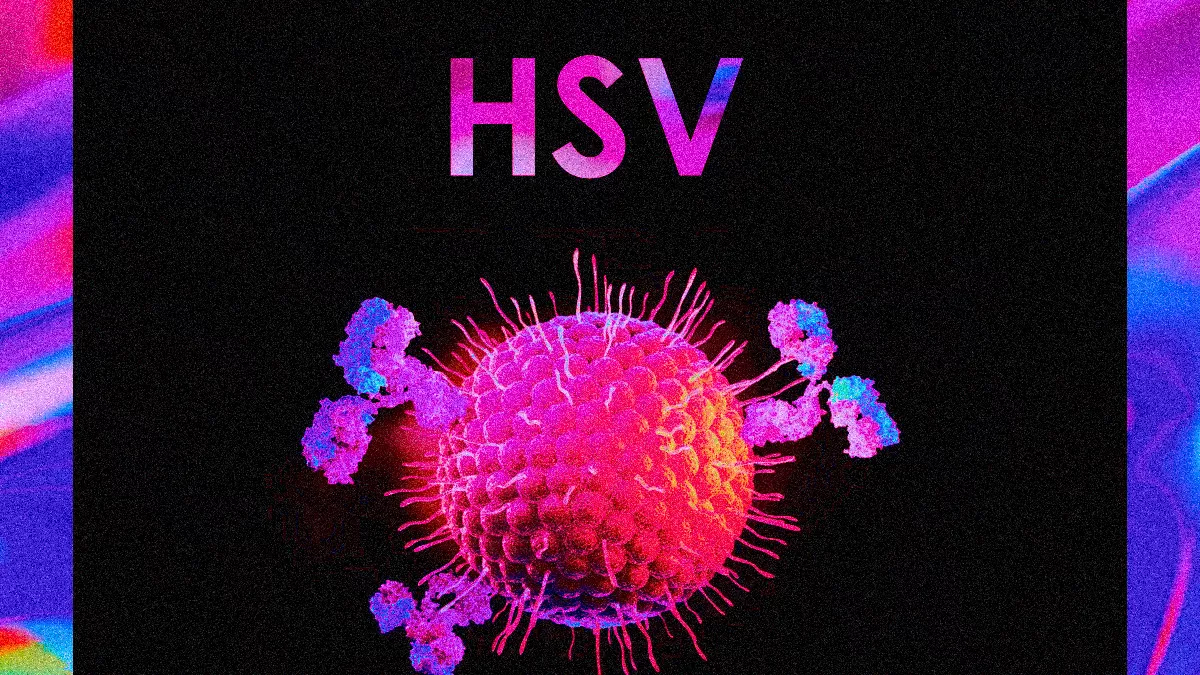
Dr.Deyn | 9 August 2019, Reviewed and updated on 28 July 2024
Understanding Herpes Simplex Lab Test: Serology Blood Test and Herpes PCR. Knowledge for Oral Herpes, Genital Herpes, Anal Herpes, Rectal Herpes.
The differences between blood antibody tests and most advanced DNA testing
Genital and oral herpes are infections caused by the herpes simplex virus (HSV). HSV is spread through close contact with a person actively shedding the virus, usually through skin-to-skin or sexual contact. Even without symptoms of HSV, you can still actively shed the virus and infect others.
Lab tests diagnose HSV and confirm the type of virus causing an infection. Diagnostic tests may require a blood sample or a sample of fluid taken from a sore or swab from your throat, anus, rectum, vagina, or other lesion such as skin lesion suspicious of herpes infection. Less commonly, a lumbar puncture may be used to diagnose an infection in the brain or spinal cord.
DIAGNOSTIC TEST OVERVIEW
Herpes tests are done to find the herpes simplex virus (HSV). An HSV infection can cause small, painful sores that look like blisters on the skin or the tissue lining ( mucous membranes ) of the throat, nose, mouth, urethra, rectum, and vagina. A herpes infection may cause only a single outbreak of sores, but in many cases, the person will have more outbreaks.
Purpose of the test
The purpose of testing for genital and oral herpes is to identify evidence of an HSV infection. Testing for genital and oral herpes may be ordered for several reasons, including:
- Confirming a diagnosis of HSV infection in symptomatic patients
- Diagnosing patients with a history of genital sores who don’t have symptoms
- Identifying a potential HSV infection in pregnant women without symptoms
- Understanding if a sexual partner of a person with HSV is susceptible to infection
- Estimating the frequency of future symptom outbreaks
There are two main types of Herpes Simplex Virus (HSV)
- HSV type 1 causes cold sores (also called fever blisters) on the lips. HSV-1 is generally spread by kissing or by sharing eating utensils (such as spoons or forks) when sores are present. HSV-1 can also cause sores around the genitals.
- HSV type 2 causes sores in the genital area (genital herpes), such as on or around the vagina or penis. HSV-2 also causes the herpes infection seen in babies who are delivered vaginally in women who have genital herpes. HSV-2 is generally spread by sexual contact. HSV-2 can sometimes cause mouth sores.
In rare cases, HSV can infect other parts of the body, such as the eyes and the brain.
Tests for HSV can be done using blood, urine, tears, or spinal fluid.
Different types of tests may be done
Antibody tests
Blood tests can find antibodies that are made by the immune system to fight a herpes infection. Antibody tests are sometimes done but are not as accurate as a viral culture at finding the cause of a specific sore or ulcer. Antibody tests cannot always tell the difference between a current active herpes infection and a herpes infection that occurred in the past. Because antibodies take time to develop after the first infection, you may not have a positive antibody test if you have just recently been infected. Serology testing is used in the absence of active lesions. It can take days to weeks after initial exposure for immunoglobulin G (IgG) antibodies to develop and up to 6 months for HSV type-specific antibodies to form.
If you get a “positive” result from the viral culture or PCR tests, it likely means you have herpes.
Antibodies to viral antigens are produced by the immune system in response to an HSV infection. Because every type of antibody is unique to a specific antigen, herpes simplex antibody testing can determine if you are infected with HSV-1 or HSV-2. HSV antibodies can be detected in a blood sample or a sample taken from your sore. It takes time for the body to develop antibodies, so a positive result may not occur for up to three months after the initial infection.
Polymerase chain reaction (PCR) test
A PCR test can be done on cells or fluid from a sore on blood or other fluid, such as spinal fluid. PCR finds the genetic material ( DNA ) of the HSV virus. This test can tell the difference between HSV-1 and HSV-2. Using the PCR test on skin sores is common. If a patient has active lesion(s), PCR testing should be performed on a sample from a lesion. PCR test is the MOST ACCURATE test to detect herpes. The PCR test can tell if you have genital herpes even if you don't have symptoms. The PCR test looks for pieces of the virus's DNA in a sample taken from cells or fluids from a genital sore or the urinary tract. This is a commonly used test to diagnose genital herpes and is the most accurate.
A “negative” viral culture or PCR result could mean you don’t have genital herpes. But in some cases, a person could still have genital herpes and a negative result. That's likely due to other factors related to how much virus there is in the sores.
Herpes Viral Culture
This is a test to find the herpes virus. For this test, your doctor scrapes or swabs one of your sores to take a sample. A lab then checks the sample for the herpes virus. It can take up to 7 days to get your results. Fluid from a fresh sore is added to certain cells used to grow HSV. If no virus infects the cells, the culture is negative. If the herpes virus infects the cells, the culture is positive. The culture often fails to find the virus even when it is present ( false-negative results ).
This test is best used within 48 hours of when you first see symptoms. After that time, the level of herpes virus starts to drop. That means there’s a higher chance the test could say you don’t have herpes when you do.
Herpes virus antigen detection test
Cells from a fresh sore are scraped off and then smeared onto a microscope slide. This test finds markers (called antigens ) on the surface of cells infected with the herpes virus. This test may be done with or in place of a viral culture.
Tzanck smear
The Tzanck smear uses a sample of cells scraped from your sore to look for cells characteristic of herpes infection. During a Tzanck smear, cells can be examined under a microscope in a clinic or doctor’s office without needing to send the sample to a laboratory.
When should I get a genital or oral herpes test?
Testing for the viruses that cause genital and oral herpes may be ordered if you have signs and symptoms of a herpes infection. Although many people who contract HSV never notice symptoms, signs of an initial infection appear 2 to 20 days after infection depending on the type of HSV causing the infection.
When signs and symptoms of an initial infection occur, they may include:
- Small sores on the skin
- Blisters on the lips, penis, vagina, buttocks, anus, or around the mouth.
- Tingling, itching, or burning on the skin
- Fever, headache, or body aches
- Swollen lymph nodes
After the initial infection, HSV remains dormant inside the body. HSV can reactivate throughout your life, causing symptoms of genital or oral herpes to reappear. While the trigger for an HSV outbreak is often unknown, potential triggers include fever, stress, physical trauma, and a suppressed immune system.
Generally, expert organizations do not recommend herpes testing for patients without symptoms. An exception may be made for certain patients, including:
- Patients who have a partner with genital herpes
- Patients seeking a more complete STD test panel, including people with multiple sexual partners
- Babies born to a mother who has HSV
Taking a Genital or Oral Herpes Test
Testing for genital and oral herpes may be performed with a blood sample or a sample of fluid swabbed or scraped from a sore. Both types of samples are collected by a health professional when conducted at a doctor’s office, clinic, or community organization.
If you are experiencing an outbreak, a doctor can collect a sample for testing by swabbing or scraping a sore. Material from the sore can be used for a herpes viral culture, PCR testing, a Tzanck smear, or an antibody test.
If you are not currently experiencing an outbreak, a blood test may be used to identify HSV antibodies. If a doctor suspects a brain infection with HSV, a lumbar puncture may be performed to obtain a sample of cerebrospinal fluid for analysis.
Before the test
Before taking a test for genital and oral herpes, talk to your doctor about any medications or supplements being taken. For tests that require a sample taken from a sore, the sample must be collected when lesions are open before they begin to form a scab. For a blood test, no special preparation is required.
During the test
Collecting material from a sore may involve rubbing a sterile swab against the skin lesion or scraping the base with a scalpel.
A blood sample for antibody testing is collected intravenously or with a finger prick.
After the test
After material is collected from a skin lesion, there are no special post-test restrictions. You may have some slight bleeding or temporary discomfort where the skin was swabbed or scraped.
After your blood is drawn, slight soreness or bruising can occur but typically isn’t long-lasting. You can return to normal activities after a blood draw.
Contact us at info.bkk@pulse-clinic.com or chat on your preferred platform:
![]() +66 65 237 1936
+66 65 237 1936  @PULSEClinic
@PULSEClinic ![]() PulseClinic
PulseClinic
Trust PULSE CLINIC to take care of your health like other 45000 people from over 130 countries. We provide discreet professional service with high privacy. Here to help, not to judge.
Genital and Oral Herpes Test Results
Receiving test results
Results from genital and oral herpes testing are usually available within a few business days, depending on the type of test performed. Viral culture testing may take several additional days, while rapid blood tests may be completed in as little as 15 minutes. At-home tests must be mailed to the laboratory but usually are processed within a few business days.
When going to an office or clinic, the health care team that conducted the test typically contacts you to provide results. Test reports may also be sent electronically or by mail. At-home test results are also typically sent electronically or by mail. At-home kits purchased through Health Testing Centers can be accessed through you’s online portal on the site.
Interpreting test results
The results of genital and oral herpes testing are often given as negative/normal or positive/abnormal. The interpretation of these results depends on the type of test conducted.
Viral culture and PCR test results indicate whether the sample used for the test contained HSV. A positive result means that you have an HSV infection. You may be experiencing an initial or recurrent outbreak. Test results may also include the type of HSV identified in the sample.
A negative result on a viral culture or PCR test indicates that the test sample did not contain HSV. It’s important to keep in mind that a negative viral culture or PCR test does not always mean that you don’t have a current or past HSV infection.
The results of an antibody test report whether antibodies produced in response to an HSV infection were detected in the sample used for testing. A positive result indicates that HSV antibodies were detected and you had an active outbreak or past infection.
Negative results from antibody testing indicate that HSV antibodies weren’t detected in the sample. This result could occur because you don’t have an active outbreak or past infection. A negative result can also occur because the test sample didn’t have enough of the virus to be found during testing due to a very recent infection. It can take up to three months after infection to test positive for HSV antibodies.
Using a Tzanck smear, results indicate whether or not certain cells were detected under a microscope. These cells are characteristic of a herpes infection, so positive test results suggest you have an infection. A Tzanck smear cannot distinguish between types of herpes infections, so you may have HSV-1, HSV-2, or another type of herpes virus.
Negative results from a Tzanck smear indicate that multinucleated giant cells were not found in the test sample. A negative result often isn’t helpful, as a Tzanck smear typically isn’t able to accurately identify patients who don’t have HSV or distinguish between types of herpes viruses.
Interpreting Test Results
Swab Viral Test (Viral Culture and PCR)
Positive: Swab Test
Negative: xxxxxxxxxxxxxxxxxxxxx
Serologic Test for HSV-2
HSV-2 Positive: Swab Test
HSV-2 Equivocal:
HSV-2 Negative: xxxxxxxxxxxxxxxxxxxxx
Serologic Test for HSV-1
HSV-1 Positive: Swab Test
HSV-1 Equivocal:
HSV-1 Negative: xxxxxxxxxxxxxxxxxxxxx
WHAT DOES A POSITIVE HERPES IgM TEST RESULT MEAN?
Question: Does a Positive Herpes IgM Test Mean I Was Recently Infected with Herpes?
Answer: Not really.
Many doctors will tell patients with a positive herpes IgM test that their test result means they were recently infected with herpes (HSV). This is because HSV IgM antibodies are thought to peak shortly after an initial infection and then recede. That is the common wisdom for IgM antibodies in general.
Compared to IgM, herpes IgG antibodies develop more slowly. However, they are expected to remain high throughout an infection. Therefore, a positive HSV IgG test is thought to mean that the detected infection is at least several months old.
Interestingly, recent research suggests that the common wisdom about herpes blood test results may not be accurate. Individuals who were recently infected with herpes DO tend to have positive HSV IgM tests. However, so do many people with recurrent herpes infections. Between 30 and 70 percent of people with recurrent herpes are positive on HSV IgM tests, depending on the test and the study.
Herpes IgM tests are more likely to be positive in early herpes infections than herpes IgG tests. All this shows is that a positive herpes IgM test alone does not prove that an infection is recent. That's particularly true if it is accompanied by a positive herpes IgG test.
If you have a positive herpes IgM test and a negative herpes IgG test, then it is more likely that your results signal a recent infection. However, it is possible to misinterpret false positive test results. Therefore, if you have no symptoms, you may want to go back for IgG testing at a later date.
If you do have symptoms, your doctor can test the lesions for herpes directly. There is no need to wait for an antibody response.
Detectable levels of herpes IgG take longer to develop than detectable levels of herpes IgM. However, even herpes IgM antibodies can take up to ten days to develop after primary infection with the virus. Therefore, if you believe you have been exposed but have no symptoms, don't run to the doctor. It's best to wait at least two weeks before getting tested - or even longer, depending on which tests are available in your area. You may also want to go for a repeat test after 6 months if you do not undergo regular screening.
WHAT DOES A POSITIVE HERPES IgG TEST RESULT MEAN?
Herpes IgG tests are one type of blood test for the herpes simplex virus (HSV). Herpes blood tests look for the body's immune reaction to a herpes infection. They don't search directly for the virus. Because the immune reaction takes time to develop after the time of infection, it's not immediately detectable. Depending on the type of test used, it can take up to four months to become positive on an HSV IgG test.
How Does an HSV IgG Test Work?
When a person becomes infected, the immune system tries to fight off the infection. That's true not just for herpes but for any pathogen, Part of that process involves the production of antibodies. These proteins are specific for each infection they are fighting.
For a new type of infection, it takes time for the body to make strong antibodies. The body can make several kinds of antibodies to fight infections. The two types that herpes blood tests look for are IgG and IgM. Herpes IgM antibodies usually are detectable by herpes blood tests within 7-10 days after the initial infection. IgM levels stay high for approximately two weeks. After that, they usually decline.
Therefore IgM testing is primarily considered to be useful for detecting acute infection. However antibody levels also sometimes go up during an outbreak.
In contrast, herpes IgG antibodies do not show up until slightly later after initial infection. A positive herpes IgG test, if the test result is accurate, means that your body has been infected with the herpes simplex virus.
Furthermore, type specific herpes IgG tests can be used to distinguish between HSV-1 and HSV-2. Type-specific tests are far more accurate than non type-specific tests,However, they can not detect whether a particular infection is oral or genital. The only way to determine that is to watch for symptoms.
HSV-1 usually infects the mouth, causing oral herpes, and HSV-2 usually infects the genitals. However, there are a growing number of people with genital HSV-1. That's why herpes IgG and IgM tests can only tell you that you have been infected. They can't show where where.
HSV Blood Test Results & Timing of Infection
If you test positive for herpes IgG but not IgM, then your herpes infection is probably not recent. You've probably been infected for at least two months. Individuals with newer infections are more likely to test positive for both herpes IgG and IgM. They might also be positive for herpes IgM alone. The converse, however, isn't true. Positive herpes IgG and IgM results together do not necessarily mean you were infected recently. Between 30 and 70 percent of patients with recurrent herpes infections will test positive for herpes IgM.
| Positive IgG | Negative IgG | |
|---|---|---|
| Positive IgM | Infection date indeterminate | Acute/Recent infection |
| Negative IgM | Established Infection | No infection detected |
Test Accuracy
It is possible to have a false positive or false negative result. That's true for either an HSV IgG or HSV IgM test. Therefore, don't panic if your herpes blood test results do not agree with your known risk factors and sexual history. Instead, talk to your doctor about possible issues with testing. Diagnostic testing isn't perfect. You also may not be accurately assessing your risk. Many people do not understand that herpes can be transmitted even when their partner has no symptoms or does not know they are infected.
Contact us at info.bkk@pulse-clinic.com or chat on your preferred platform:
![]() +66 65 237 1936
+66 65 237 1936  @PULSEClinic
@PULSEClinic ![]() PulseClinic
PulseClinic
Add us on Line and stay in touch.
Loading...
Clinic Locations
Loading...


